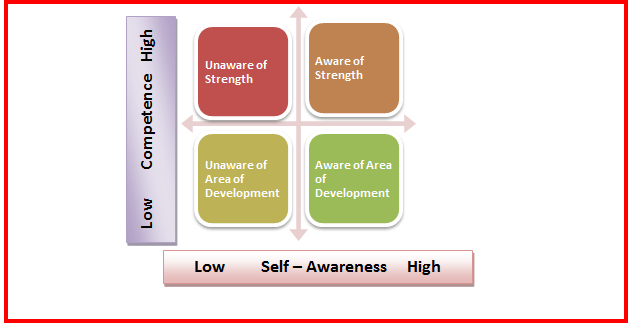Competency Ice-Berg Model – Meaning and its Components
April 3, 2025
 Competency Ice-Berg Model – Meaning and its Components
Competency Ice-Berg Model – Meaning and its Components
The iceberg model for competencies takes the help of an iceberg to explain the concept of competency. An iceberg which has just one-ninth of its volume above water and the rest remains beneath the surface in the sea. Similarly, a competency has some components which are visible like knowledge and skills but other behavioural components…
 The Process of Competency Based Assessment
The Process of Competency Based Assessment
The increasing competition and changing business needs demand that the HR professionals responsible for the management of human resources of an organization upgrade and modify their roles and become strategic business partner and an important stakeholder in the growth of the organization. This further translates into the fact that, all the HR strategies, processes and…
 Ethical Considerations in Competency based Assessments
Ethical Considerations in Competency based Assessments
Assessments of any kind have a bearing on the careers of the individuals hence when assessments are carried out certain ethical considerations should be taken care of: Assessments are conducted for several purposes in the organization, whatever the purpose is, it needs to be communicated clearly to all participating members, assessors and administrators The assessment…
Feedback after any form of assessment or evaluation helps in mirroring the information regarding their performance to the candidate and also initiates the learning process in them.
An objective, transparent and respectful conversation needs to be conducted during feedback to drive home the points which the participant needs to work upon.
Giving feedback is never easy not even for an external consultant conducting an assessment in the organization and when assessments are done internally it becomes all the more important that the feedback process is handled delicately.
It sure does not mean that the points which address the negative aspects of a candidate’s personality are left un-discussed; neither has it to be sweet talked or disguised.
There are certain considerations which can guide an assessor during feedback:
The feedback provider has to remember that feedback is also a mechanism to learn for people. We might as well make a reference to the Johari Window, here:

The feedback should aim that the participant gets aware of both the areas of strength and areas of development. It should encourage introspection, help participants draw inference and reach conclusions.
People are very good at hiding any feeling of hurt and upset. However, beneath the fa ade lies a demoralized and de-motivated individual.
For example, some participants might start thinking “if that is what I am like, am I really going to get where I want” or “Is this they think of me” such situation require very careful handling of feedback else it can become the road to frustration.
If the desired level of trust does not exist between the assessor and the participant, the facilitation of the feedback discussion becomes very difficult and the purpose is defeated.
If assessors share the outcomes and feedback with the participant without allowing discussion or comment, the feedback session becomes a fiasco.
Where participants do not share hopes, aspirations or intrinsically commit to their development actions no further progress can take place.
Some participants may also blatantly refuse to accept the observation and information provided by assessors and could externalize reasons to validate their behaviors, even questioning the entire assessment process.
For example, “these exercises are not relevant to my work situation” or “I work in the XYZ industry and this is not the case there” or “this is just an exercise we did, actual work is very different”.
This is an attempt at blocking discussion around their performance being examined.
Participant age and demographic profile also strongly impact their perception and expectations from assessors.
Older, more experienced and senior participants feel vulnerable being observed by juniors or internal colleagues.
Hence, a lot of planning is required before the feedback session. It helps if the assessor can know the profile of the participant before-hand as it later helps in navigating the feedback discussion appropriately.
And in the end it is important to remember the very basic principle of androgogy that adults learn if they find the learning relevant to what they do.
It is important to link feedback to the everyday work of the participant and how improving can have positive effects on their work also can be outlined.
This helps in greater acceptability of feedback.
Your email address will not be published. Required fields are marked *